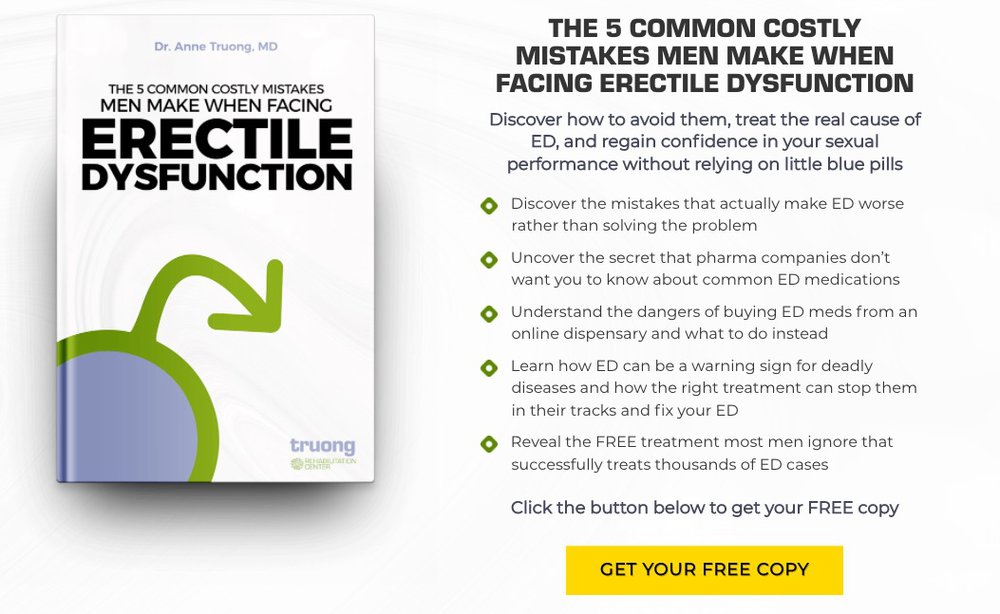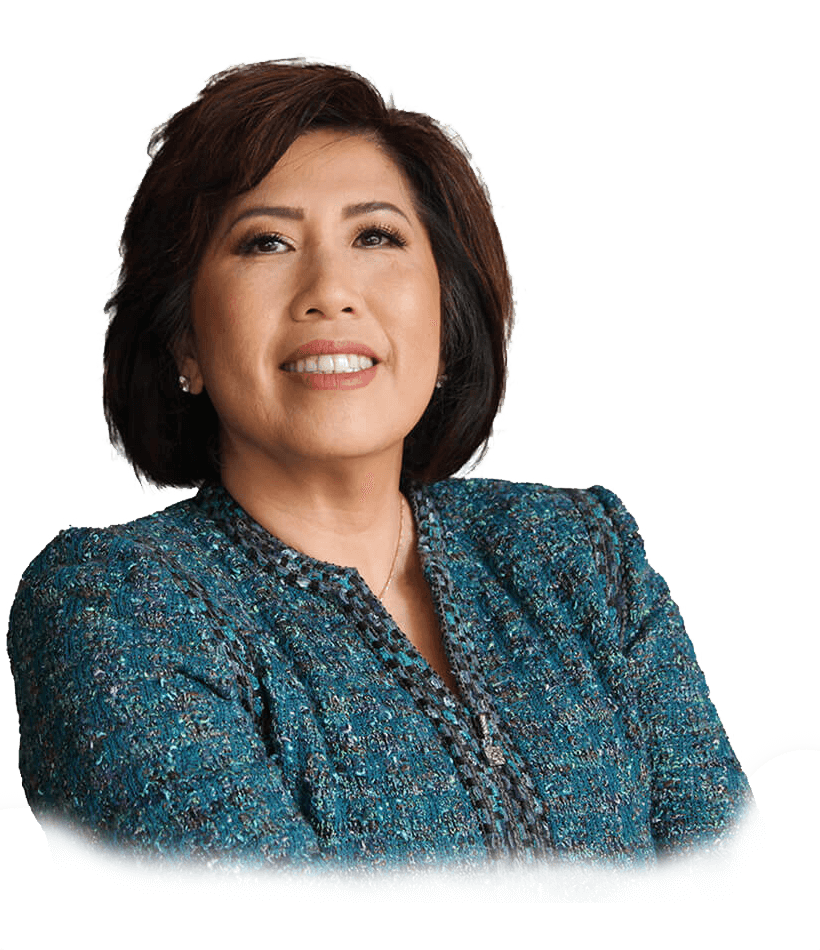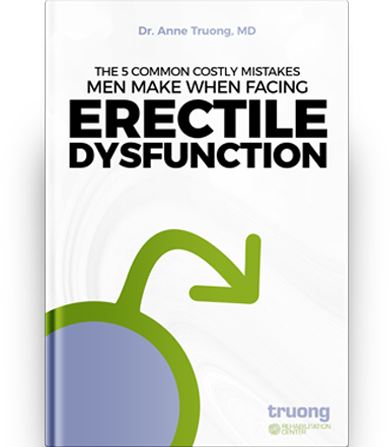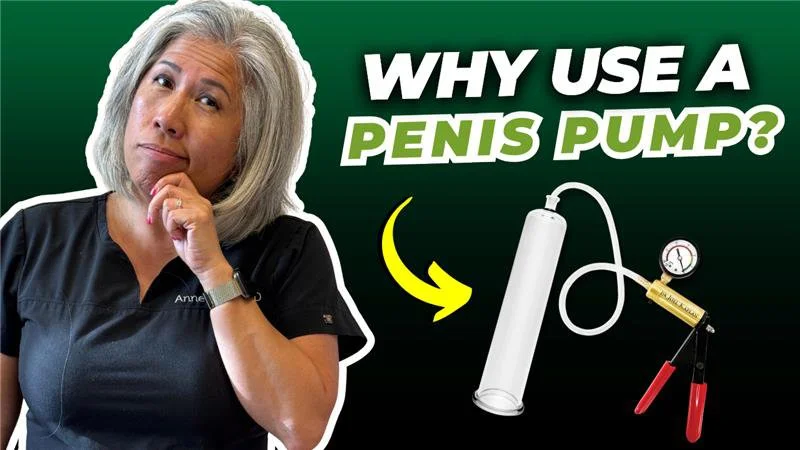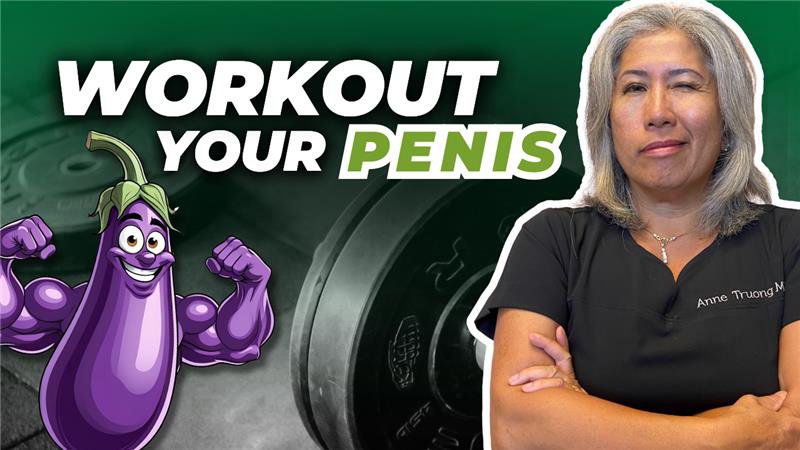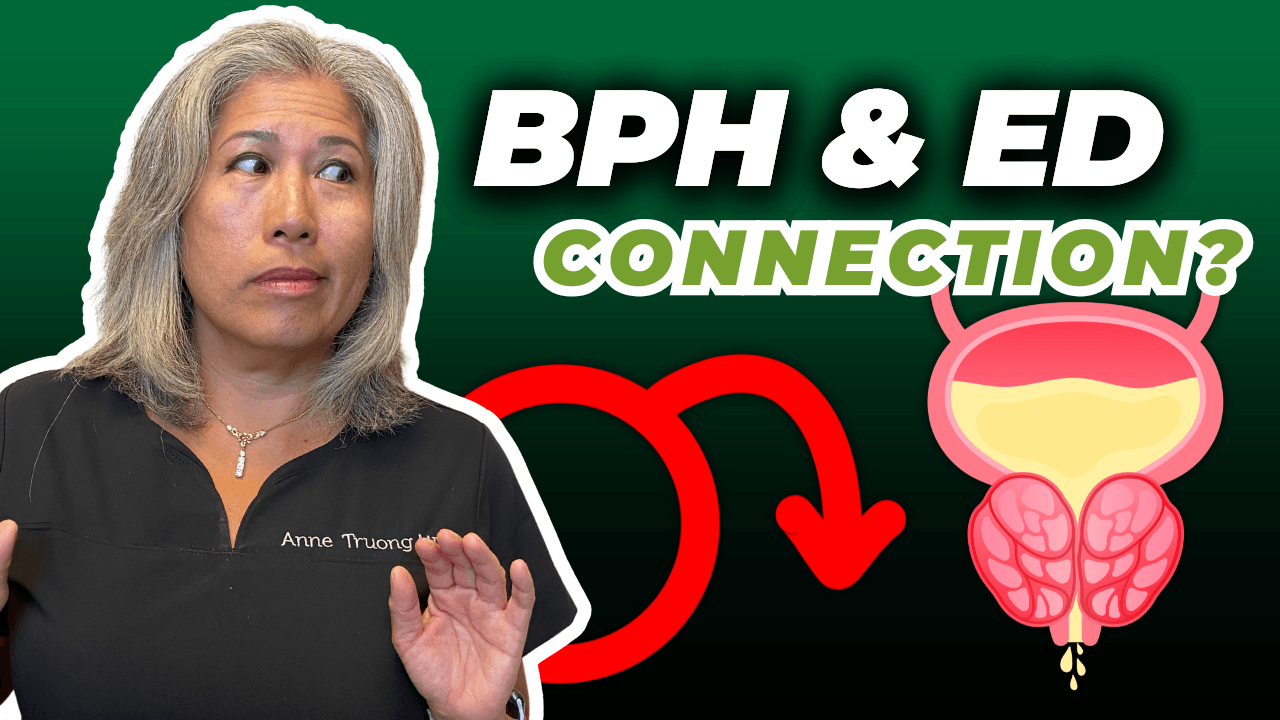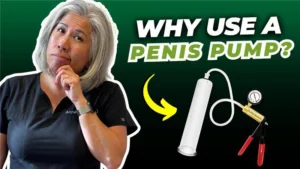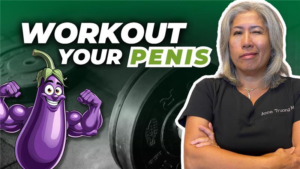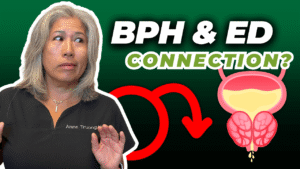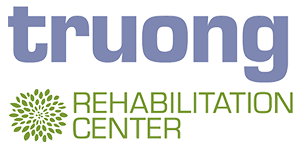In this episode, I will speak with Anna Leonarda, founder of the dating app Entwine. Entwine is dating app that takes sexual expectations out of relationships.
We will discuss:
- Dating with sexual dysfunctions
- Intimacy with sexual dysfunction
- Recovering from sexual dysfunction
Dating With Sexual Dysfunction Episode Contents
- Episode Video
- Introducing Anna Leonarda
- Dating With Sexual Dysfunction And The Entwine App
- Sexual Intimacy Without Penetration
- About our Guest Anna Leonarda
- Episode Links and Resources
Dating With Sexual Dysfunction Episode Video
Introducing Anna Leonarda
Anne: Have you ever wonder what is like to not be able to enjoy sex because you have a challenge, particularly from a woman perspective. And that's what we're going to talk about today, what's it like not to have sex because of a painful condition. And today I have Anna Leonarda. She is the creator of the App Entwine, which is the dating App for people with sexual dysfunction and she kind of share about her journey and why she created a much needed App like Entwine. So Anna, welcome.
Anna: Thank you. Thank you so much for having me.
Anne: All right. So, it takes a lot of courage for her to be here today because I want her to talk about her story and her journey and I applaud her for her courage for being here.
Anna Leonarda’s Story
Anne: So Anna, tell me about what your story is and how it got you to where you're at today. Tell me about what's happened to you when you were younger and your challenges.
Anna Leonarda: Okay. So growing up, I had something called endometriosis and one of the side effects of endometriosis is it can cause painful intercourse. So, when I became sexually active, I had the painful intercourse and it didn't really subside and was always getting worse. And my lack of libido also kicked in and I did get married. I had a couple of kids, which was great. I'm very grateful for that. And over time with having the pain so much, one day I just couldn't have sex anymore, was like hitting a wall. So, I went to the doctor and they told me that I had something called vaginismus. And I believe I had it for a while. I couldn't find a doctor that would actually listen to and understand me.
Vaginismus
Anne: What's vaginismus for people that doesn't know what that is?
Anna Leonarda: So, vaginismus is the involuntary muscle contraction of the vaginal opening. And the reason it can happen is when I went to the doctor and I told him about my condition or when they diagnosed me, they told me to go to a therapist. So, I did go to the therapist and I said, "How did this happen? Why did this happen?" And they said that, "Here's a scenario that is similar to what's going on with your vaginal entrance." And they said that, "If somebody came up to you and kept punching you in the stomach over and over again, eventually when they would approach you, you would flinch in the anticipation of the pain." And that's what my vagina was doing, was kind of just saying, "Nothing's going in there, stay away." It associated anything internally that it was going to be painful.
Anna Leonarda’s Struggles

Anna Leonarda: So, I ended up doing therapy for it for a little bit, and it involved using dilators and trying to stretch the opening out of my vagina. And it was a very slow process. I was very impatient with it, because it's not like something that's just fixed overnight. It can take months to a year to repair that.
So, I was trying to do the therapy. I was 36 years old. I was taking a shower and I found a breast lump. So, I thought it was nothing because I thought there's no family history. So, I went to the doctor and found out that I had breast cancer after a biopsy. I had three tumors in my left breast and I had chemotherapy, lost all my hair and not only that did I lose my hair, I lost my libido. I had extreme vaginal dryness. And I didn't want to think about using my dilators anymore. So, sex was completely off the table, even any kind of forms of intimacy, just because of, I was just trying to beat cancer at the time. And I did beat it.
I had total of six surgeries and had total hysterectomy because my breast cancer was estrogen fed. So, the goal was to get rid of all my estrogen.
And so, I beat cancer and then I thought, let me try using my dilators again. But same thing, it was back to stage one where step one, where I had severe vaginismus. And then I was married at the time for 20 years. So, after I got divorced three years ago, I thought, how am I going to date somebody? And how are they going to understand that I have these sexual limitations that I can't have sex. I like all the other forms of intimacy I'm okay with. I just can't have internal penetration. So, I thought, "Well, it's easier to just stay single because who's going to want to be with me if I can't have sex?"
And I thought about the pressure of having to go on a date and having to tell that person, the man I'm dating, "Oh, I can't have sex. Should I tell them the first date, the second date, the third date?" I already had anxiety thinking about it and I thought, "You know what, I'll just stay single or if I could just find a guy that has erectile function." I wasn't even joking about it, but I thought if I could find a gentleman that had ED, he would understand, and he wouldn't put that pressure on me to cure myself and do my treatment. And I also realized that there was a lot of men that were going on dates with my friends and other women
Anne: You're absolutely right. There are, at least, 30 million men right now suffering with ED. And that was done in 2009. There are 30 million men aged between 40 to 70 have ED. And I think right now probably at least 40 because that study was done in 2009. And now that we know with COVID, COVID also contribute to ED as well too, and probably the numbers even higher.
Dating With Sexual Dysfunction And The Entwine App
Anne: So, you're absolutely right. So, you were saying that you created the App, so that way men with sexual dysfunction can also join into App as well, right?
Anna: Yes. Because they deserve to be loved too. And we didn't choose to have the sexual dysfunction and we shouldn't have to worry if someone's going to reject us or embarrass us or cheat on us because we can't have intercourse.
Like we mentioned, the intimacy can be anything, could be holding hands and kissing and even long conversations can be intimacy.
And just because you can't have sex or intercourse, doesn't mean that you shouldn't be with anybody. So, I knew there was a problem and I researched and I found how many millions of men just in the US have ED. I thought I have to save these men. I can't imagine the pressure. For myself, I haven't dated before. But I thought for these guys that have dated and they're they're rejected or these women that maybe they're sexually assaulted and maybe they that's why they don't want to have sex or it could be anything, it could be diabetes, it could be high blood pressure as you know, and it doesn't have to be cancer, but I thought I can't just be single.
There's a reason why I went through endometriosis, broken vagina, the vaginismus and also the cancer for a reason. And the reason is for me to create a dating App that takes sexual expectations out of dating. So, people can be themselves and join the App and be able to comfortably find companionship without the fear of being rejected or embarrassed because of their limitations.
Anne: And I applaud you for that because not only that you have vaginismus, which is tightening of the vaginal opening due to scar tissue and decreased blood flow to the vagina muscle, which is a very, very painful condition, on top of that, you have breast cancer and had surgery and chemotherapy, which deplete all your hormone, so that you are dry down there, you have no hormone. You have no lubrication, you have no libido, which accentuate the pain in the vaginal area, even more so for a woman that doesn't even have vaginismus, just have breast cancer alone, just the hormonal depletion itself will cause a painful intercourse itself because a lot of times they can't be on hormone and they require lubrication.
Thank God, now there are good lubrication and there is a procedure called an O-Shot, which is an injection of your own blood to rejuvenate blood flow again to the vaginal muscle.
Anna Leonarda’s Thoughts During Her Struggles

Anne: So, know women and men, there are a procedure that you can get injected with your own blood, into the genital area to restore blood flow again for painful conditions, such as yourself and for ED. So, I wanted to share your story. What is it like for a woman that has sexual dysfunction at the anticipation before intercourse and during intercourse and after intercourse? Tell us what you're feeling.
Anna Leonarda: The way I felt was, since I was married for quite a while, I would always get anxiety prior to any type of intimacy. Because I always thought in my head, okay, it's going to lead to sex and it's going to be painful and I have to deal with it. I would just kind of give myself a pep talk because I'm like, okay, I've found myself avoiding going to bed and just waiting for him to fall asleep before I go into the room. And that's obviously not healthy, but I didn't want to be the one that just always complain about it. And I thought this is normal.
I talked to four different doctors and they all said, "Oh, you're fine. Sex hurts because you are nervous. Have a glass of wine." So, I just thought, I need to suck it up. So, I would just kind of, like I said, talk to myself and kind of just say, okay, you got to do this. And then so I was always anxious prior to, and it's hard to relax and get into it when you're so nervous.
And then during, it was more like, okay, hopefully will be done soon. There was like so much emotion. Usually when everything was done, I was shaking because of the pain, holding it in and it's like, this is not normal, but I just dealt with it.
And then after the fact I felt horrible, because I'm married. I'm not fulfilling the needs of my husband, because I can't have sex and it's like, what do you do? I had no choice. So, my only choice, to me was just deal with the pain and that's not okay. If you're in pain and you went to a doctor and I tell you it's normal, have a glass of wine, go to another doctor, just keep going until you find an answer because you know your body and no one should ever have to… Just tough it out and deal with that pain.
Anne: No, no you're absolutely right. You do not have to suffer alone. You are not broken. There are many, many women that are in your situation that do not have to suffer alone. And there are doctors that are familiar with your condition and I'm sorry that you had provider in the past [inaudible 00:11:54] in your head or feel that you have to suffer for this. So, why do you feel bad even though it's not your fault? It is a physical condition and it's causing you discomfort. Why is it your fault? What is it that you feel it is your problem and did you feel that you can relay that to your partner?
Anna: I know he thought it was his fault and but I was like, no, it's just me because I think mentally it's hard. I felt like it's just my fault. Maybe I'm depressed. Maybe I don't know what it was. I just thought the easiest way to do it is just blame myself and I just was desperate to find an answer and I just couldn't really find one until it got to the point where it was like severe where nothing would go in at all.
And I was just really frustrated, I think too. And I was angry. So, I'm like, why did I've never enjoyed sex. I talked to my friends and they're like, "Oh, you're with the wrong guy. I did this and I did this position." I'm like, "Whoa, that sounds really painful." So, I felt like it was like a recipe of disaster of my marriage as well. Because I thought, if I'm going to have this issue for my whole marriage, it was tough. It was very tough.
Anne: Yes. Yes. I can see that. I can see that and it drove you guys apart, right?
Anna: There was other factors as well, but I'm sure that's, that's one of the reasons.
Sexual Intimacy Without Penetration

Anne: Right. Right. So, the discomfort and then the other factors as well, and you guys drifted apart, so what was interesting, it was painful for you, but yet you felt it was your fault and that you blame yourself. You're staying depressed and anxious for that. And I see that in a lot in women in taking the blame for it when it's really not at all. And it's really where it's a time where you can have open communication and discover other methods beside… Like you stress and that's why you created an App. There are many ways of enjoying sexual intimacy without P-in-V. Right.
Anna Leonarda: Right.
Anne: Right. And, let's discuss about that. What are other ways of enjoying sexual intimacy without P-in-V?
Anna Leonarda: It can even be the outer course, I don't know if that's the proper word, but anything externally grinding, I guess if you want to call it that. It could be that. It could be even just watching TV together and holding hands and long walks on the beach. I feel like there's kissing, hugging, and I love hugging and kissing and I would be fine with just with that.
And I know guys out there that are the same. I even thought like I think there's guys out there that are kind of like how I was, if they are married, they're kind of avoiding going to the bedroom with their significant other, because they're like, okay, now it's going to be a reminder that I have ED. So, it's kind of like with me. Oh, now it's going to be a reminder that I can't have sex, because we're going to be into this situation. We're both going to get frustrated. You can hold each other for hours and that's intimacy. There is definitely other forms of intimacy besides internal penetration.
Communication With Your Partner Is Key
Anne: Right. Absolutely. And I've treated thousands of men. And the first thing that they tell me when they come and see me for ED, I ask them, "Did you tell your partner or your wife?" They go, "No. She's the last person that will find out if I have ED." And I go, "Well, so what did you do when you find out you have ED?" You know what first thing he says, he said, "I avoid it. I avoid sex. I avoid having sex with her, because I don't want her to know that I have ED and then I'll take a Viagra or see Behind Door, so that way I can perform and that way she know that I don't have any issues.
She's the last person that knows that I have issue." And kind of like you. You are trying to avoid it, giving excuses and almost ashamed that you have an issue there, same thing with the man, Avoidance.
Anna Leonarda: Yeah. They definitely should communicate because I think what the women think is, "Oh, he has ED, it's my fault. It's my fault. He's not attracted to me anymore." And then he avoids it. He's avoiding it because he's worried about being embarrassed. And she's like thinking he's avoiding it because he doesn't want to be with her anymore, but that woman probably wants to be with you still, she wants to work with you and she wants other forms of intimacy.
So, don't throw all the intimacy out off the table because you're trying to avoid having to show her or disclose whatever the word is, have the proof that you have might have ED and that's still kill a relationship quick. So, definitely communicate, because I should have said, "Hey, I'm avoiding you." To my ex-husband, "I'm avoiding you because I'm scared. I'm going to let you down again. So, can we do this instead?" And I never did that because I just thought it has to be intercourse or nothing at all. Otherwise I'm not worth it and that's not good.
So, if you're in a relationship, you have to communicate. Just don't ignore it and avoid your partner because that's just a recipe for disaster in my opinion.
Anne: You're absolutely right. Studies have shown that, in fact, in order to treat the sexual dysfunction, communication is a treatment. You don't have to have the physical treatment of the general area, just communication and bonding, emotional bonding and communication in itself, is also a treatment.
And you know, in my treatment approach, I have the multi modality approach and the brain is the largest sexual organ. And everything starts in the brain, right. We get aroused in the brain with our senses, with our vision, our smell, our taste, our hearing. That's how we get aroused and everything starts here. And then the hormone starts released in our hypothalamus, in the gland behind the eyes. And then it gets released and it stimulates the nerve. So, everything starts here in between our ears. If these in between our ears are not working well there, things are not going to go transmit down to below the waist.
Anna: That's right.
Anne: Like you said, there need to be connection and positivity and relaxation going on up here. And so, I always stress to men and women in order to heal and to restore function below the waist, you got to work on up here and connection and communication with your partner, because that is part of the healing process as well. And that in itself is a treatment because studies have shown that if your partner is supportive in your sexual healing that contribute to your resolution itself alone, even. We do know the placebo healing actually accounts for about 30 to 50% of healing in itself. That's amazing in itself as well too.
So, part of vaginismus that you had mentioned, with also the emotional component that kind of goes with it, which exacerbate things as well, because you were painful and there were other challenges in the relationship as well too, that can kind of contribute to the vaginismus. But no, the vaginismus is treatable.
Anna: Yes.
Anne: It’s treatable with a dilator, like you said, but it's also treatable with therapy, even surgery and also with a procedure with injecting with your own blood called platelet rich plasma, that's injected in the muscle, in the vagina to restore blood flow and to restore the muscle functioning again so you do not have to live with this and know that there is treatment for this at this point.
Anne’s Vision For Entwine
Anne: I'm so glad that you have come and shared your story and your vulnerability and be transparent with that. I know it's not easy and just the courage to say, "I suffer through that and I don't want anybody else to kind of go through what I went through." And to create an App to bring people together that want to be loved for who they are and not for the sexual, the P-in-V gratification. And I want you to tell me about what you like to achieve? What's your vision of the App of Entwine?
Anna Leonarda: So, currently Entwine is available only in the US, because it's just recently launched in August 2021. So, I'm focusing on just making sure that it's successful in the US. But my ultimate goal is to have it available worldwide because I believe worldwide ED is approximately 320 million men have ED.
Anne: Yes, approximately about 300. Yep. 300 million men.
Anna: Lot of men. And I already had people from different countries that have contacted me, asking me when the App was going to be available in their country. So, I hate to even tell them it's not available yet, but that's my ultimate goal is to have it available worldwide because I want to reach so many different clinics and everything like in cancer centers, urologists, men's health clinics, even veterans, VA clinics. I know there's a lot of veterans that maybe are going through PTSD and they're on antidepressants. So, they're suicidal because they're lonely. They lost hope. They thought they couldn't find anybody. So, my ultimate dream is to have it available worldwide because I feel like we all deserve to be loved.
Regardless of limitations that we have, we deserve to have companionship.
And I want everybody to know that, so that they know it's available, that suicide's never an option of course, for anything.
And I just want to increase awareness with sexual dysfunction and people that do struggle with it if they suddenly have ED, go to the doctor, don't be afraid because it could be something underlying condition that can be a warning sign of an event coming up like a stroke or a heart attack, who knows what it is. There's a still lot I want to do, but worldwide is my goal. So, I'm hoping… I'm actually confident that it's going to come true.
About Our Guest, Anna Leonarda
Anna Leonarda is a 9-year breast cancer survivor who resides in a suburb of Chicago with her two children. Because of the side effects of cancer treatment, she developed a form of sexual dysfunction. She is the founder of a unique dating app that takes sexual expectations out of dating. She created Entwine to have a comfortable place for single individuals struggling with sexual dysfunction to find companionship without the fear of being embarrassed or rejected because of their limitations.
Sign up for the Entwine app: www.EntwineDating.com
Download My New e-Book For Additional Resources
Reveal the FREE treatment most men ignore that solves thousands of erectile dysfunction cases every year, plus the 5 biggest mistakes you must avoid if you want to say goodbye to your ED. Uncover it all in my free ebook available to download now.
